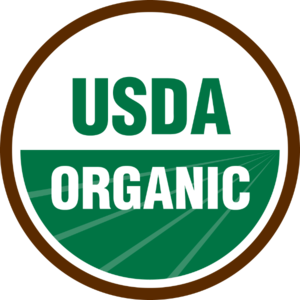About Our Coffee
Certified Organic Coffees

The concept of growing organic coffee is necessary for the preservation of our environment. Herbicides, pesticides and fertilizers seep into the ground polluting our groundwater. When forests are cleared for the planting of high yield coffee farms, topsoil is eroded and bird habitats are destroyed.
Working with the environment to prevent this, organic coffee farmers preserve the fertility of the land by growing coffee in the shade, where coffee was meant to grow. This shade grown coffee provides the migratory birds with habitat. By not using chemicals that have been shown to cause cancer and other health issues, growing organic also helps the local farmers and their families stay healthier.
Coffee that is certified organic has been inspected and certified by an independent third-party organization to have been grown without chemical fertilizers or pesticides. Certification agencies also require responsible composting and processing that preserve water supplies and healthy soil. The farm must operate under organic guidelines for 3 years before certification is even possible.
Organic coffees are more labor-intensive to grow and the price of certification is often beyond the means of small farmers, especially when the certifier is not local. There are many coffees that are grown traditionally, without chemicals, which are not "certified" organic due to the high cost of certification or lack of demand. Farming organically also exposes a farmer to greater financial risk because of lower yields (sometimes up to 20%-40%) for the first few years under organic methods.
After the coffee has been cultivated and processed on the farm, there are still conditions that need to be met to secure certified organic status. J.P. Licks has been certified by Baystate Organic Organic Certifiers, which operates under the jurisdiction of the United States Department of Agriculture. This certification ensures that we handle organic products properly, from receiving through roasting and packaging, keeping all organic coffees separate from non-organic material. In addition, all of our decaffeinated coffee is processed using a water process, which uses no chemicals to extract the caffeine.